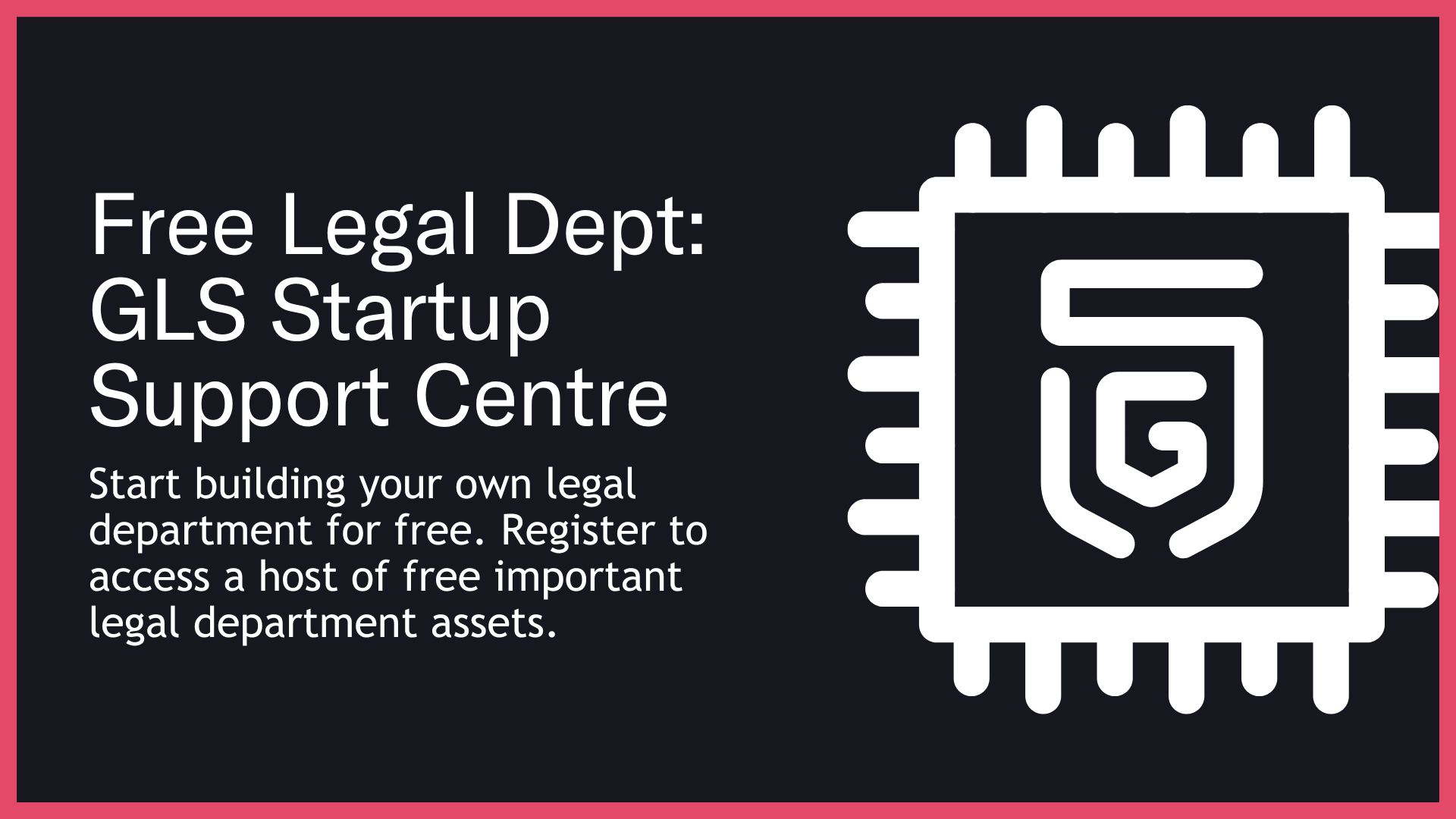Monetising Your Start Up’s IP – The 30-Point Founder’s Checklist
3 mins • 24 Aug 25
“Your intellectual property is not just an idea – it’s a potential revenue stream waiting to be unlocked.”
Matt Glynn - Managing Director GLS Group
Introduction
Here’s the reality: startups live and die on cash flow. Yet most founders overlook one of the most powerful levers available – monetising intellectual property for startups. Whether it’s a patent, brand, design, or trade secret, your IP can be commercialised, licensed, or even sold to generate revenue, attract investors, and boost valuation.
This blog sets out a 30-point checklist every founder should know – practical steps to secure, protect, and unlock value from your IP portfolio.
Why This is Important
This is an important stage of the start-up journey because:
- Revenue Creation: IP can be monetised independently of your core product sales.
- Investor Confidence: A clear IP strategy reassures backers you have durable assets.
- Competitive Advantage: Exclusive rights give you leverage over rivals.
- Valuation Growth: IP properly protected can dramatically boost exit valuation.
- Funding Options: IP can be used as collateral for loans or structured financing.
- Scalability: Licensing IP allows global reach without global infrastructure.
The 30-Point IP Monetisation Checklist – Founder’s Edition
We’ve grouped the checklist into five stages so you can work methodically.
Stage 1: Secure & Protect Your IP
- Identify All IP Assets
- Confirm Ownership
- Register Key Rights
- Protect Confidential Information
- Create IP Assignment Clauses
- Review Founders’ & Shareholders’ Agreements
Stage 2: Prepare for Monetisation
- Conduct IP Valuation
- Benchmark Competitors’ IP
- Check Freedom to Operate
- Bundle IP Strategically
- Decide Monetisation Model
- Prepare Licensing Templates
Stage 3: Monetisation Strategies
- Develop Licensing Programmes
- Explore Franchising Models
- Offer White-Label Agreements
- Spin-Offs or JVs
- Sell Non-Core IP
- Leverage Tech Transfer
- Use IP as Collateral
- Cross-Sector Licensing
Stage 4: Legal & Contractual Safeguards
- Draft Clear Royalty Structures
- Territorial Scope Control
- Duration & Renewal Terms
- Performance Clauses
- Dispute Resolution
- Tax & Transfer Pricing
Stage 5: Enforcement & Growth
- Set Up Monitoring Systems
- Enforcement Protocols
- Audit Licensees
- Review Strategy Annually
Consequences of Ignoring This Checklist
The consequences of not attending to IP monetisation may include:
- Legal Implications: Lost ownership, unenforceable agreements, and weak protections.
- Founder Issues: Disputes over who created or owns the IP.
- Commercial Losses: Missed licensing opportunities, competitors stealing your edge.
- Operational Headaches: Fighting infringement instead of scaling.
- Valuation Drop: Investors discount your startup without clean, monetisable IP.
People Also Ask – and the Answers
How can a startup monetise its intellectual property?
Startups can monetise IP through licensing, franchising, white-labelling, selling unused IP, or using it as collateral for funding. Some startups also spin-off new ventures based on specific IP or leverage cross-sector licensing to expand into new industries.
What are the most common IP monetisation strategies?
The most common strategies are licensing IP for royalties, franchising models (especially for consumer-facing businesses), patent monetisation (licensing or selling patents), brand licensing agreements, and technology transfer into other markets.
Why should IP be protected before trying to monetise it?
Without protection, you don’t have enforceable rights to monetise. A trademark not registered can be copied, a patent not filed can be exploited by others, and without IP assignment agreements, your startup may not even legally own the IP you think is yours. Investors will walk away if the IP position isn’t clean.
Can IP be used as collateral to raise funding?
Yes. In many jurisdictions, IP rights can be pledged as collateral for venture debt or structured finance.
A strong IP valuation can unlock lending facilities or attract investors who see secured, revenue-generating IP as a safer bet.
What legal agreements are essential for licensing IP?
Founders need strong IP licensing agreements, covering:
- scope of rights granted,
- royalties and minimum guarantees,
- territorial and sector limits,
- term and renewal clauses,
- performance obligations,
- audit and reporting requirements,
- termination and dispute resolution provisions.
Final Thoughts
Ignoring IP monetisation strategies is like leaving money on the table – and often, letting competitors scoop it up.
By following this 30-point checklist and understanding how to answer these common questions, you’re not just protecting your ideas – you’re converting them into tangible revenue and valuation growth.
Here as some key tips:
- Categlogue Your IP: run the slide ruler over all categories of IP you have or are likely to develop
- Leverage Your IT: consider whether known monetisation strategies could apply to your IP assets
- Protect Your IT: ensure the necessary IP protections are in place over your IP assets
- Commercial Execution: prepare licensing/monetisation documents that protect and are easy to work with
- Refresh Regulalry: IP is a dynamic space - rinse and repeat the process regularly
How GLS Can Help You
At GLS, we help startups turn intellectual property commercialisation into reality:
- Mapping and valuing your IP portfolio.
- Drafting bulletproof IP assignment agreements.
- Registering trademarks, patents, and copyrights.
- Structuring licensing, franchising, and white-label deals.
- Designing IP monetisation models that scale.
- Advising on tax, transfer pricing, and royalty structures.
- Supporting spin-offs, JVs, and cross-border IP exploitation.
- Managing enforcement and monitoring globally.
- Preparing IP assets for fundraising and exit.
- Delivering commercial and legal certainty at startup-friendly cost.

Startup Legal Support Centre
Build your own legal department with our online platform of startup-focused legal tools.

Startup Legal Guide Map
Explore the Guide Map to grow your business while staying on top of legal essentials.

Legal On Call™ (Free Trial)
Sign up for GLS Legal On Call™ and get expert answers to your startup legal needs.

Pro Bono Startup Legal Clinic
Get free expert legal advice at the GLS Pro Bono Clinic and power your business forward.



